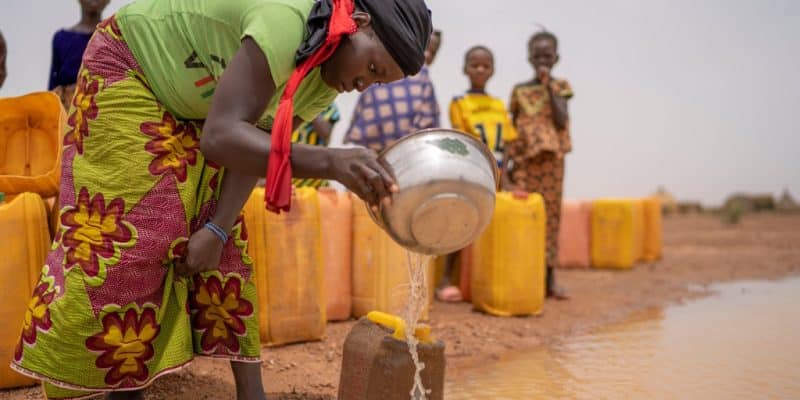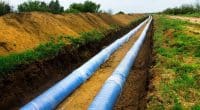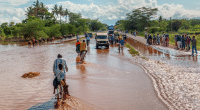As of 16 October 2023, a cumulative total of 5,030 suspected cases of cholera and 139 deaths have been reported in Zimbabwe by the Ministry of Health. When will the government take concrete action to halt this epidemic, which is exacerbated by shortages of drinking water? This is one of the questions that remains unanswered in the face of this crisis, which is taking a heavy toll on human lives and compromising the economic health of this country in East Africa.
In Zimbabwe, the worst is about to happen again. Since 12 February 2023, the country has been passively watching the resurgence of the cholera epidemic after the tragic episode of 2008-2009, which claimed 4,000 victims, the majority of them women and children. The epidemic, which the country thought had been eradicated, has resurfaced, partly because of the drinking water supply in the East African country, which has become unstable once again.
As a result, in eight months, a cumulative total of 5,030 suspected cases of cholera and 139 deaths have been reported by the Zimbabwean Ministry of Health. First detected in the town of Chegutu (Mashonaland West province), the epidemic has now spread to more than 17 districts in Zimbabwe, namely Buhera, Chegutu, Chikomba, Chimanimani, Chipinge, Chitungwiza, Chiredzi, Harare, Gokwe North, Marondera, Mazowe, Shamva, Mutare, Murehwa, Mwenezi, Seke and Wedza, where access to drinking water and sanitation services is limited, says the International Federation of Red Cross and Red Crescent Societies (IFRC).
Access to clean water becomes urgent to limit the spread of cholera
“The disease kills mainly by causing dehydration. People lose their water reserves, and children, being much less resistant and smaller, are more vulnerable”, deplores the United Nations Children’s Fund (UNICEF), before adding that the affected population needs urgent access to drinking water, sanitation and hygiene facilities to prevent the spread of the disease.
Zimbabwean President Emmerson Mnangagwa, who won a disputed election in August 2023 for a second term, has announced a national programme to drill wells. This should improve access to clean water for some 35,000 villages in a country that is also seeing a massive exodus of nurses to Britain. Due in November 2023, no work has yet begun on the project. According to the United Nations, 97.3% of urban households in Zimbabwe currently have access to improved sources of drinking water, compared with 67.9% of households in rural areas. In terms of sanitation, 67.8% of households have access to improved non-shared sanitation facilities.
Read also –
To halt the spread of cholera in the country, children in at-risk communities will also need to benefit from oral cholera vaccines pre-qualified by the World Health Organisation (WHO). The experts also recommend medical supplies and qualified personnel to treat those infected.
Inès Magoum






